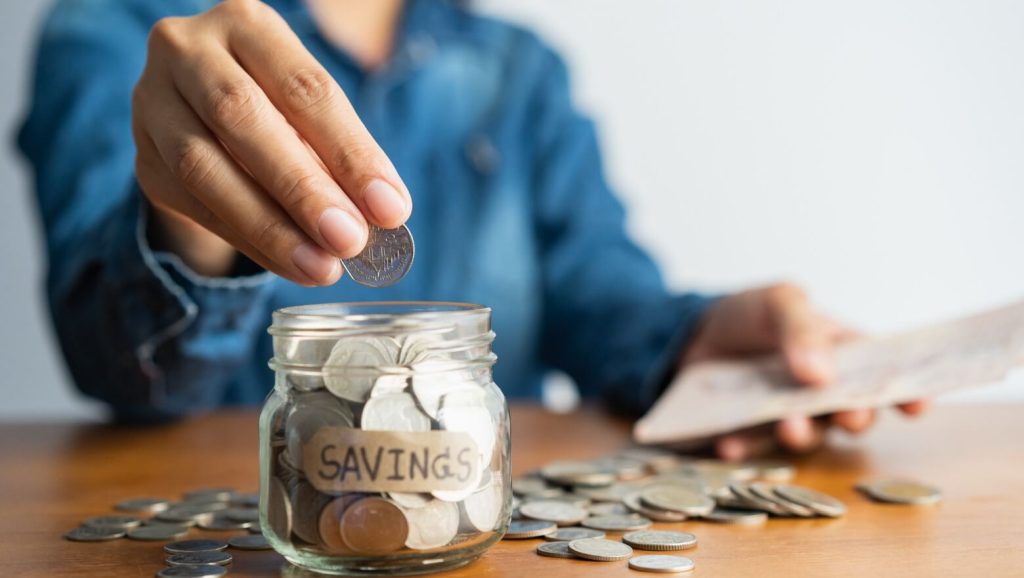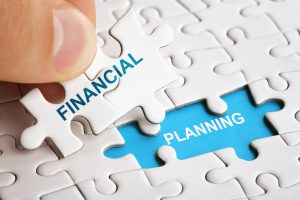When it comes to personal finance, one of the most important things to have in your corner is an emergency fund. An emergency fund is a pot of money that you set aside to cover unexpected expenses, such as job loss, medical bills or car repairs. Having an emergency fund is essential for financial security and stability, as it can help you bridge the gap between when an unexpected expense arises and when you’re able to cover the cost.
The importance of having an emergency fund cannot be overstated. Without one, you can quickly become overwhelmed with financial stress and find yourself unable to afford the costs associated with an emergency. An emergency fund can help you remain financially secure and provide peace of mind when life throws you a curveball.
If you don’t already have an emergency fund, it’s never too late to start building one. Here are some tips to get you started:
1. Set a goal. Determine how much you want to save and set a goal for yourself. Generally, it’s recommended to have three to six months of expenses saved in an emergency fund.
2. Automate your savings. Set up an automatic transfer from your checking account to your emergency fund each month. This way, you don’t have to think about it and the money will still end up where it needs to be.
3. Make saving a priority. It’s easy to fall into the habit of spending every dollar you have. Instead, prioritize your savings and make sure your emergency fund is the first expense you pay each month.
4. Cut back on unnecessary expenses. To make room in your budget for your emergency fund, take a look at your spending and see where you can cut back. Consider your wants versus your needs and make sure you’re not wasting money on things you don’t really need.
Building an emergency fund is an important step in securing your financial future. With the tips above, you can get started on the path to financial security and peace of mind.



